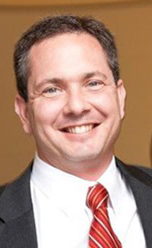Baby Boomer-in-Chief: The Presidency of Bill Clinton
Overview
Bill Clinton was often the first, but rarely unique. The first non-veteran since World War II to be commander-in-chief, he was indeed the first since that conflict who had not fought in World War II. Part of the first all-Southern national political ticket to win the White House, he governed during tremendous years of economic growth yet broader uncertainty, and he nearly lost the presidency when the type of scandal ignored for previous presidents ran afoul of his political enemies, and of subsequent standards for workplace behavior and morality. In other words, he was the quintessential Baby Boomer, and his rise to power, near fall from power, and years since power tell us much about the man, but also post-war America itself.
Professor Engel’s Recommended Reading:
First in his Class: A Biography of Bill Clinton, by David Maraniss
The Red and the Blue: The 1990s and the Birth of Political Tribalism, by Steve Kornacki
Bill Clinton: New Gilded Age President, by Patrick J. Maney
Discussion Questions:
- What forces fueled Bill Clinton’s campaign for the presidency? Could he have won four years earlier?
- Compare and contrast Ross Perot’s 1992 campaign themes to the Democratic and Republican party platforms of 2020?
- Does private morality matter for elected officials? Should it?


